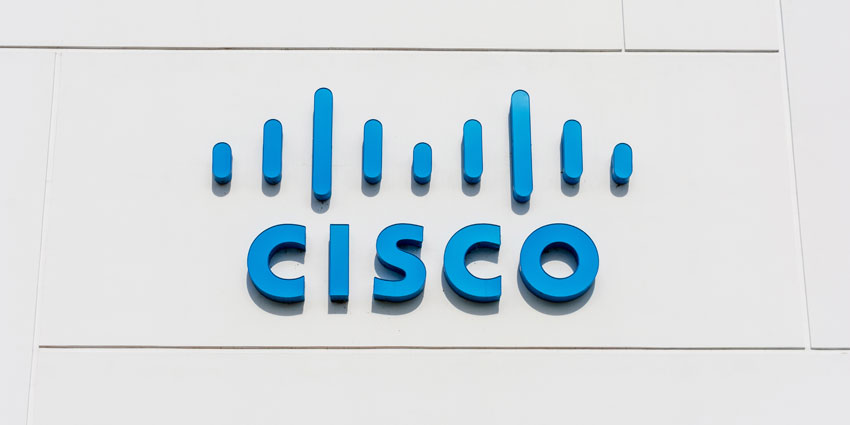Cisco has moved to reassure its legacy customers that it will continue to support and develop its on-premise technologies.
Its on-premise portfolio allows businesses to build, run, and manage their own networks, data centers, and services, including contact centers.
Some may have suspected Cisco would follow the lead of market competitors and stop innovating on-premise, nudging brands into the cloud.
However, in a blog post celebrating “30 years of partnership in Europe”, Oliver Tuszik, EVP of Global Sales and Chief Sales Officer at Cisco, reaffirmed Cisco’s support in ensuring customer choice, control, and data sovereignty. He wrote:
Our longstanding experience in secure, reliable on-premises and isolated systems underpin(s) our approach to system control and continuity today.
SAP is perhaps the most notable tech vendor to have pushed businesses towards the cloud. It did so when announcing it would end its standard maintenance for its on-premise SAP ECC (ERP Central Component) and Business Suite 7 in December 2027, before ending support in 2033.
Yet, it’s far from the only enterprise tech stalwart. In the contact center space, Nuance Communications revealed last year that it would stop supporting its widely-implemented, on-premise IVR solutions by July 2026.
Before, Genesys announced it would stop innovating on its Genesys Engage on-premise platform and instead just keep it alive.
Historically, in the contact center infrastructure (CCI) market, these were two of Cisco’s top competitors, alongside Avaya and Mitel.
While Avaya and Mitel have also committed to their on-premise base, both have endured tricky headlines this year, with the former making global layoffs and the latter entering bankruptcy.
As such, many may have suspected Cisco to go all-in on the cloud, too.
However, while the tech giant could increase its short-term revenues by doing so, it believes that customers should get to plot out their own futures. As Tuszik continued:
Our on-premises technologies and global SaaS solutions give customers the power to choose the right deployment models for their operations, security postures, and strategic goals.
Yet, many of Cisco’s on-premise contact center customers will eventually want to move to the cloud.
In recent years, Cisco has invested significant funds into its Webex Contact Center to increase the cloud platform’s appeal and keep these brands’ business.
As it has done so, the company has created different migration paths from its platform, satisfying brands that aspire for a full or hybrid migration.
Many of these paths leverage Cisco’s CPaaS portfolio, which allows brands to layer cloud innovations over their legacy environments and recreate heavily customized on-premise configurations.
That’s one differentiator that has helped Cisco become just one of two “Customers’ Choice” CCaaS vendors, per Gartner’s latest industry study.
The other is Genesys, which has also done an excellent job of creating similar migration playbooks, with verified customers commending its deployment experience.
Now, Cisco is following in its footsteps, with a big base of on-premise customers that will, in time, only bolster its burgeoning cloud contact center business.
A Message That Will Resonate with Many European Enterprises
Despite Cisco serving enterprises with on-premise technology worldwide, its choice to make this commitment in a blog aimed at European readers is noteworthy.
Indeed, it underlines that keeping key data, workloads, and networks on-premise is of especially high importance across the continent.
That aligns with a trend Finbarr Begley, Senior Research Analyst at Cavell Group, raised in a recent Big CX News Update.
“I hear lots of on-prem deals are still happening in Europe,” he told CX Today.
There have been a lot of questions… coming out of Denmark about how they’re building local on-prem data centers to tackle uncertainty.
“They’re worried about tariffs and how they can lock in a large contact center in Europe, one that’s already paid for, already purchased, untouchable, and safe,” concluded Begley.
Given this, Cisco’s commitment to on-premise technology and message of enabling choice may strike a chord with many cautious European enterprises, especially as US politics become more turbulent.







